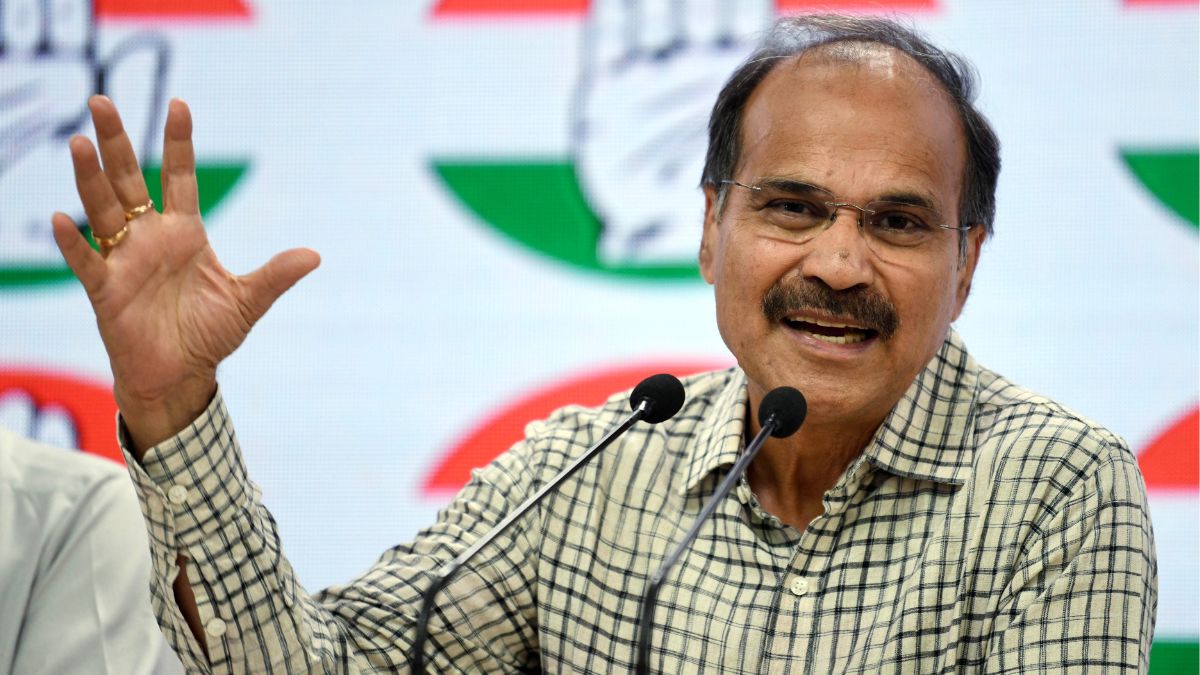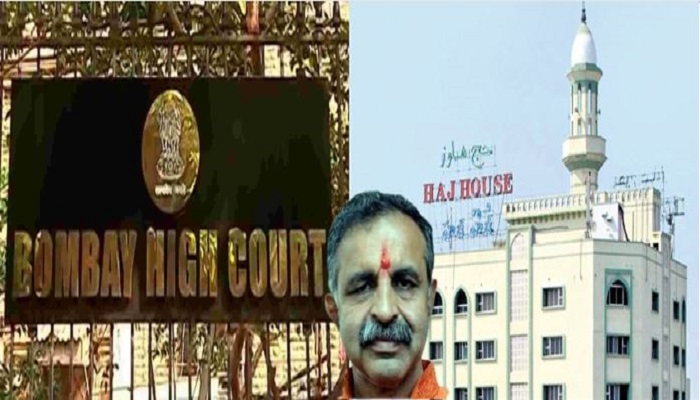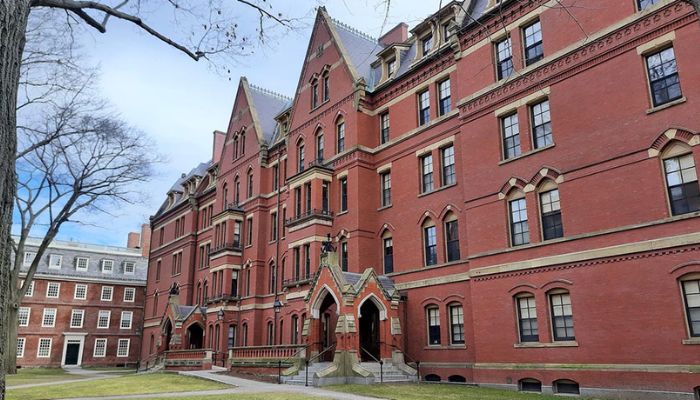Adhir Ranjan Chowdhury agreed to be part of ‘One Nation, One Election’ committee before declining

[ad_1]
Congress leader Adhir Ranjan Chowdhury, who declined to serve on the panel formed by the Centre to examine ‘one nation, one election’ had given his consent to be part of the committee before notification with names came out, a source in the government said on Sunday.
Notably, Chowdhury, who was named a member of the High-Level Committee (HLC) constituted by the Centre on Saturday to examine ‘one nation, one election’ has declined to serve on the panel, saying its “terms of reference have been prepared in a manner to guarantee its conclusions”.
Chowdhary on Saturday wrote to Home Minister Amit Shah refusing to be a part of the committee.
“The sudden attempt to thrust a constitutionally suspect, pragmatically non-feasible and logistically unimplementable idea on the nation, months before the general elections, raises serious concerns about the ulterior motives of the government”, the letter read.
The Union Law Ministry on Saturday named eight members to the committee, headed by former President Ram Nath Kovind, that will examine the issue of simultaneous elections to the Lok Sabha, Assemblies, municipalities and panchayats.
Apart from the Chairperson, the committee will include Home Minister Amit Shah, Chowdhury, former Leader of the Opposition in the Rajya Sabha Ghulam Nabi Azad, former Finance Commission chairperson NK Singh, senior advocate Harish Salve, former Lok Sabha Secretary General Subhash C Kashyap, and former Chief Vigilance Commissioner Sanjay Kothari.
The committee has been set up months before assembly polls in five states and ahead of Lok Sabha polls next year.
Parliamentary Affairs Minister Pralhad Joshi had informed about the constitution of the committee on Friday.
With five states going to the polls later this year and a few more to go to polls with the General Elections due in 2024 there is speculation that One Nation, One Election could become a reality very soon.
Prime Minister Narendra Modi has several times pitched the idea of One Nation, One Election. In November 2020 while addressing a conference of presiding officers he said, “One nation, one election is not only a subject of debate but a necessity for India. There is an election in India every month, which hampers development. Why should the country waste so much money?”
If ‘One Nation, One Election’ does come into effect it could mean that elections for the Lok Sabha and state assemblies across India will be held simultaneously, with voting taking place at the same time.
Conducting polls simultaneously was the norm in India until 1967 and four elections were held this way. The practice stopped after some state assemblies were dissolved prematurely in 1968-69. The Lok Sabha was also, for the first time, dissolved a year ahead of schedule in 1970 and mid-term elections had been held in 1971.
The Bharatiya Janata Party had said in its 2014 election manifesto that it would seek to evolve a method of holding the elections simultaneously to both state assemblies and the Lok Sabha.
In December 2022, the Law Commission had sought the opinion of political parties, the Election Commission of India, bureaucrats and other experts on the proposal to hold simultaneous elections in the country.
However, the opposition INDIA alliance which is working on a joint alliance to oppose the BJP in the Lok Sabha polls has objected to the proposal.
(This news report is published from a syndicated feed. Except for the headline, the content has not been written or edited by OpIndia staff)
[ad_2]
Source link



